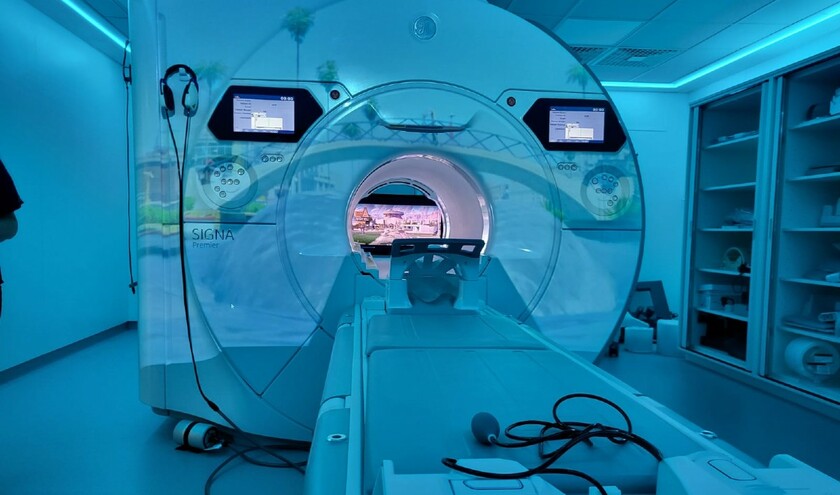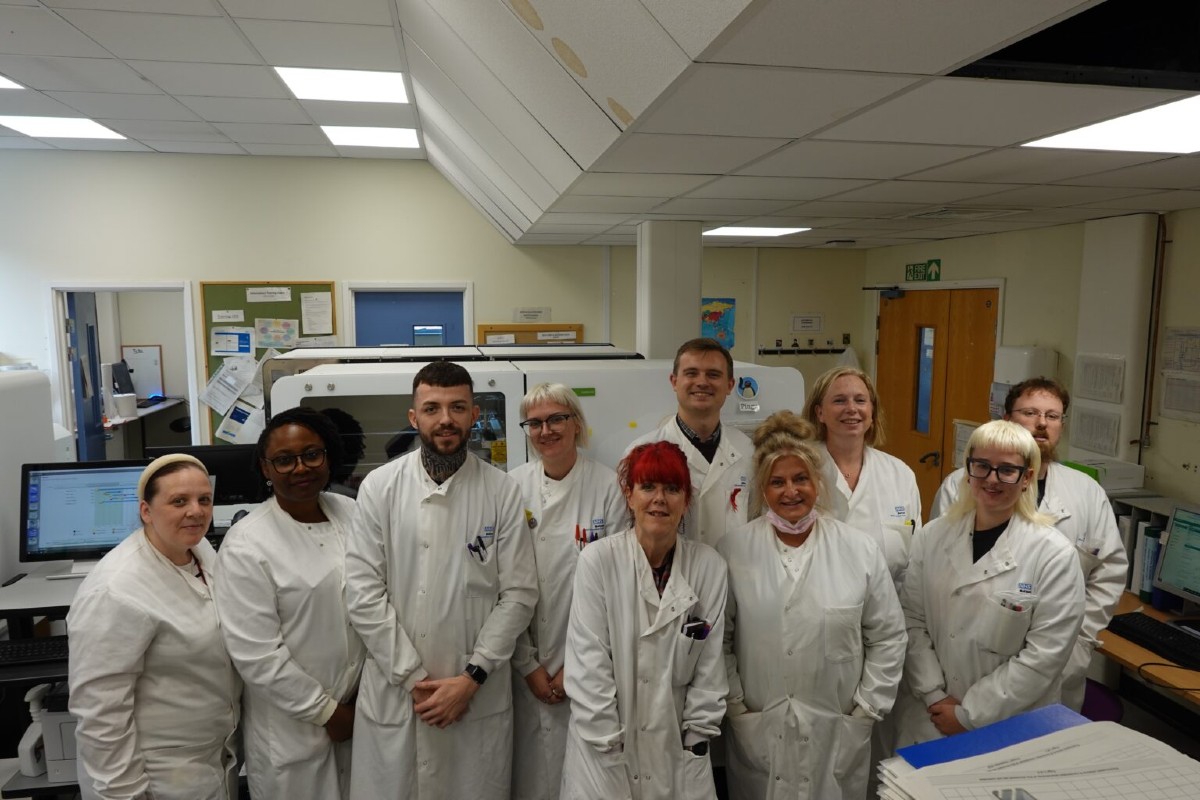The scanner will primarily support research and will be used to improve diagnosis and treatment for patients of all ages, from newborns to older adults.
The new scanner, funded by the NIHR, offers increased capacity for research scans at a time when clinical demand for MRI continues to grow. Its availability enables researchers to conduct vital studies, including early-phase clinical trials and high-intensity experimental medicine research, without competing with routine clinical imaging needs.
The scanner also strengthens Alder Hey's ability to collaborate with academic institutions, clinical researchers, and industry partners.
Jason Taylor, research general manager at Alder Hey Children's NHS Foundation Trust said: ‘MRI scanners are a valuable tool for research, but they are often in heavy demand clinically, and therefore not available for research purposes. The new 3-T MRI scanner at Alder Hey means more research for Alder Hey, and as the scanner is available to use for partner organisations such as hospitals, universities and industry, too, they can now work with us on game-changing research.'
One of the first studies will involve scanning newborns during natural sleep to explore how early life and environment affect brain development.
Professor Shivaram Avula, consultant radiologist at Alder Hey, said: ‘We know that children and families are eager to take part in research. This scanner gives them that opportunity and helps us build the knowledge needed to improve care for generations to come.'



